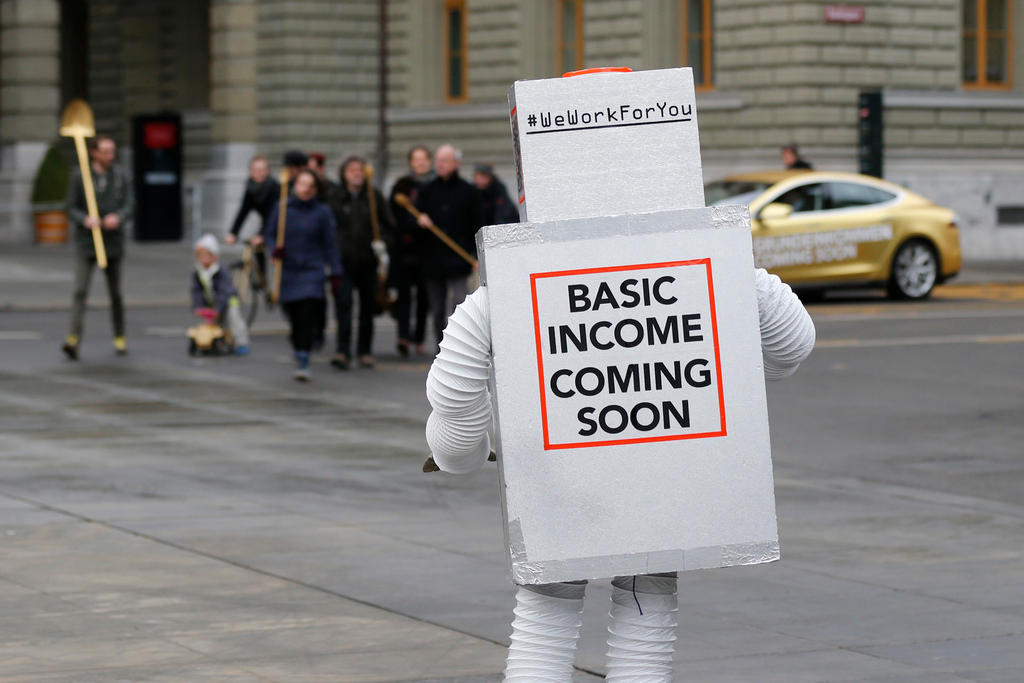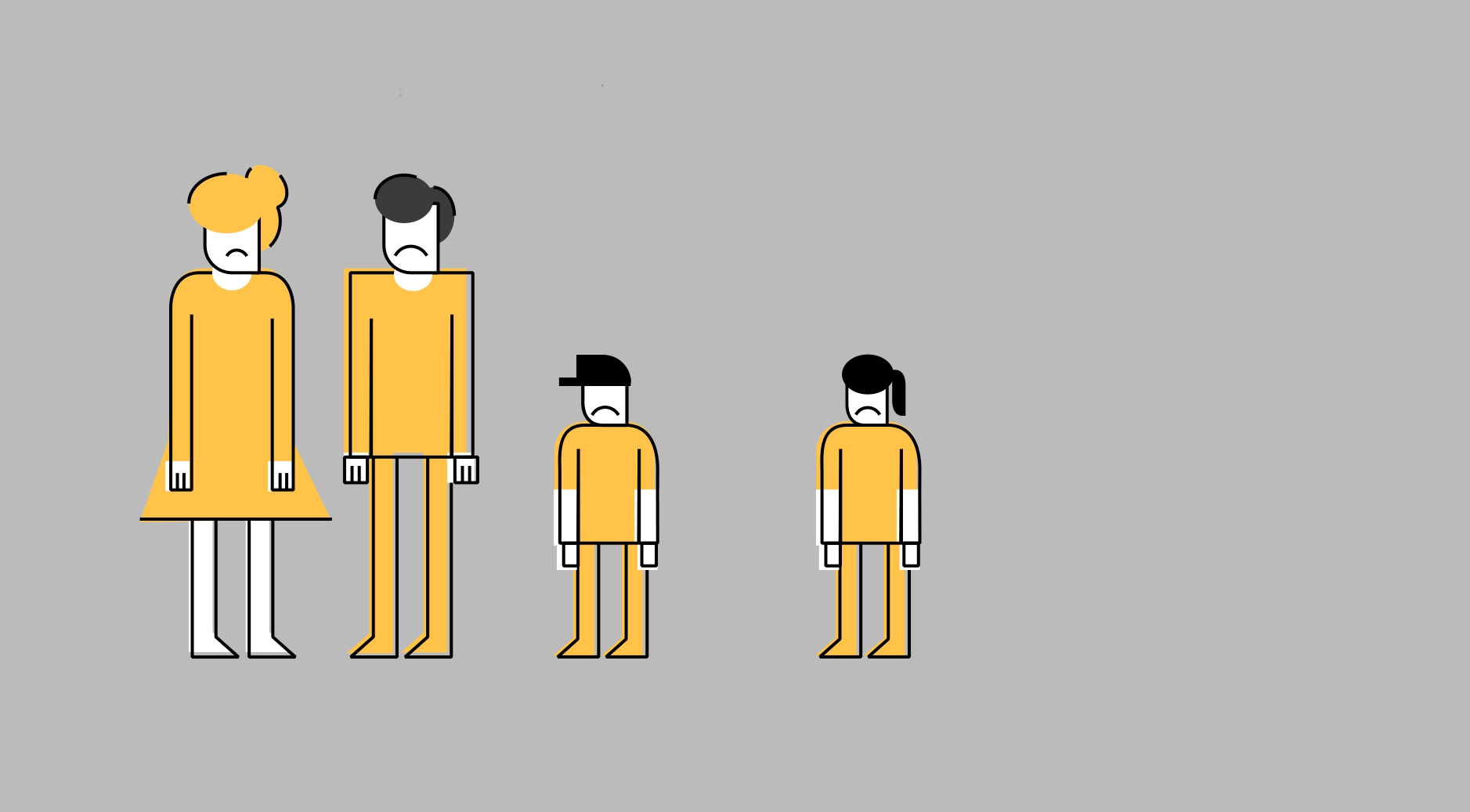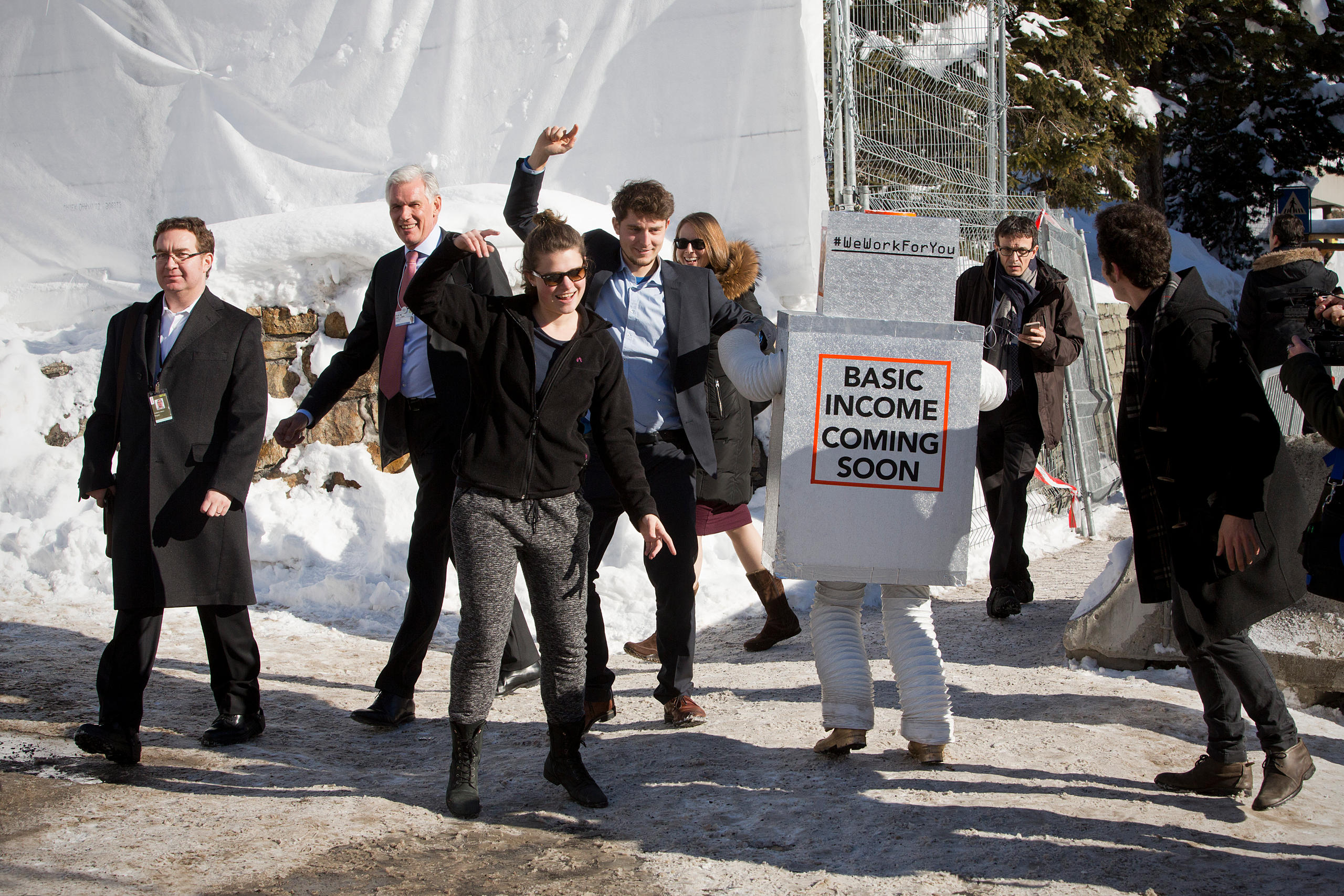Finland tests idea that fascinated Switzerland

Less than a year after Switzerland held the world’s first nationwide vote on a basic monthly income, Finland has become the first country in Europe to provide it experimentally for some unemployed citizens.
The Swiss plan that voters rejected last June by an overwhelmingly majority is not the same as the one that Finland has instituted.
Proponents of the Swiss people’s initiative had hoped to see every legal resident get about CHF2,500 ($2,566) a month regardless of other wealth or employment. They proposed CHF625 ($641) a month for every child.
By contrast, Finland’s basic income pilot project involves paying some of its unemployed citizens a basic monthly income of €560 (CHF600). The experiment is meant to raise employment and cut poverty and bureaucracy. The two-year trial, which began at the start of this year, extends to only 2,000 randomly picked citizens.
Part of the reason for the experiment in Finland – where the unemployment rate is about 8% – is that its social welfare system allows a jobless person to refuse to take a low-income or short-term job if it drastically reduces their financial benefits.

More
The pros and cons of an unconditional basic income
The idea of a universal basic income first surfaced more than 500 years ago.
Thomas More’s influential Utopia, a work of fiction and political philosophy that was first published in Latin in 1516, mentioned it as a possible way to reduce thievery. More’s friend, Johannes Ludovicus Vives, worked out a more detailed proposal in a memo to the mayor of Bruges in 1526. That triggered the first such practice in the Flemish community of Ypres.
Since More’s time, the idea has evolved. Since the 1970s, some version of it has been tried in communities ranging from Canada to Namibia and the Netherlands. At present, the general idea is that governments could provide citizens with a basic monthly income without requiring them to work and regardless of other income, according to the Belgium-based Basic Income European Network (BIEN).

In compliance with the JTI standards
More: SWI swissinfo.ch certified by the Journalism Trust Initiative












You can find an overview of ongoing debates with our journalists here . Please join us!
If you want to start a conversation about a topic raised in this article or want to report factual errors, email us at english@swissinfo.ch.